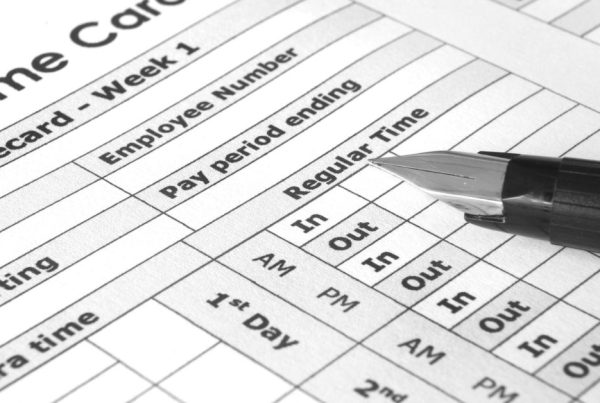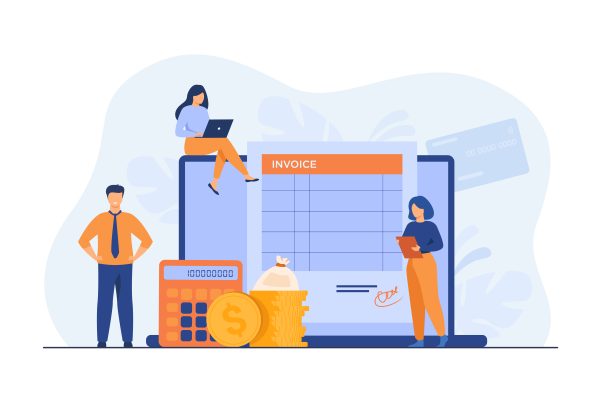
Legal Project Management (LPM) is an essential framework for law firms aiming to streamline their operations, effectively manage multiple cases, and enhance client satisfaction. By employing structured methodologies for planning, executing, and monitoring legal projects, LPM addresses the unique complexities of legal workflows, ensuring better resource allocation and improved efficiency. This article explores the core principles, tools, and best practices of LPM, providing valuable insights for law firms looking to optimize their project management strategies.
Understanding Legal Project Management (LPM)
Definition and Core Principles
Legal Project Management (LPM) is a systematic approach to managing legal projects from inception to completion, aiming to deliver legal services that meet or exceed client expectations (source). LPM revolves around four main stages: defining the parameters of a matter upfront (intake), planning the course of the matter at the outset with the facts at hand (planning), managing the matter (execution), and evaluating how the matter was handled at the end (review) (source).
Importance of LPM in Law Firms
LPM addresses the unique needs of legal workflows by facilitating proactive planning, risk management, budgeting, and resource allocation. Legal project managers help lawyers better manage legal matters and projects, creating more consistency around law firm processes and predictability for clients regarding cost and experience (source). The benefits of implementing LPM include improved efficiency, better resource allocation, and enhanced client satisfaction. It also provides predictability, organization, risk management, streamlined communication, and cost containment (source).
LPM Methodologies
Various LPM methodologies can be utilized to fit the nature of different legal projects. The Waterfall method is a linear approach that requires each stage to be completed before the next one begins, making it suitable for projects with clearly defined requirements and minimal changes. Agile, on the other hand, is a flexible approach encouraging frequent inspection, adaptation, and better alignment with client needs, making it ideal for dynamic and evolving legal work. Lastly, the Lean methodology focuses on eliminating waste and maximizing value-added activities from the consumer’s perspective (source, source). The choice of methodology depends on the specific needs and nature of the legal project and firm.
Tools and Techniques for Effective LPM
Essential LPM Tools
Legal project management tools are indispensable for law firms aiming to enhance workflow efficiency. These tools facilitate the quick access to information, track progress against plans, and manage tasks from start to finish (source). Leading project management software tailored for legal firms includes ClickUp, ProProfs Project, Asana, MerusCase, and Trello, each offering unique features like document management, native time tracking, and billing & invoicing (source, source).
In addition to these comprehensive platforms, specialized tools like Minute7 provide critical time tracking and expense reporting functionalities. Minute7 allows employees and contractors to conveniently track their time and expenses, integrating directly with QuickBooks for streamlined billing and reporting processes.
Techniques for Planning and Executing Legal Projects
Effective planning and execution of legal projects require clear goal-setting, detailed project plans, and risk management. Techniques like Work Breakdown Structures (WBS) help break down projects into manageable tasks, ensuring nothing is overlooked. Tools such as Gantt charts and Kanban boards are essential for managing timelines and task dependencies (source). These tools and techniques provide a structured approach to handling legal projects, making it easier for law firms to stay organized and on track.
Monitoring and Reporting
Monitoring and reporting are critical for keeping legal projects on schedule and within budget. Regular tracking of performance metrics such as cost, schedule, and scope helps identify any deviations from the project plan, allowing for timely corrective actions (source). Regular reporting and feedback loops are also crucial. They help identify potential issues early, facilitating adjustments before problems escalate. Feedback loops enable continuous improvement by providing teams with the insights needed to refine their strategies and processes.
In conclusion, effective legal project management necessitates the right combination of tools and techniques. Minute7, with its time tracking and expense reporting capabilities, plays a vital role in enhancing workflow efficiency for law firms, ensuring better project outcomes and client satisfaction.
Best Practices for Implementing LPM in Law Firms
Establishing Clear Objectives and Scope
Defining clear project objectives and scope is foundational for successful Legal Project Management (LPM). Clear objectives provide direction, motivate the team, and guide decision-making processes, ensuring that everyone understands the project’s goals and works towards them cohesively (source). A well-defined scope helps manage expectations, allocate resources efficiently, and mitigate risks by providing clarity and focus (source). By setting realistic and measurable objectives, law firms can ensure that their projects remain on track and aligned with client expectations.
Enhancing Team Collaboration and Communication
Effective collaboration and communication are critical to the success of LPM. In the legal sector, fostering a collaborative culture between business and legal teams can improve efficiency, align goals, and enhance workplace well-being (source). Tools like collaborative platforms, regular team meetings, and clear communication channels help ensure that all team members are on the same page. Prioritizing collaboration enables law firms to utilize resources more effectively, manage timelines and budgets with greater ease, and ultimately provide better client service (source).
Continuous Improvement and Adaptation
Continuous improvement is essential for maintaining and enhancing the effectiveness of LPM. This involves regularly analyzing performance, identifying areas for improvement, and making incremental changes to processes, products, and personnel (source). Embracing a culture of continuous improvement allows law firms to adapt to changing project demands and technological advancements. Strategies for enhancing adaptability include environmental scanning, designing flexible project plans, and adopting agile methodologies (source). By fostering an environment of constant learning and adaptation, law firms can ensure long-term success and client satisfaction.
In conclusion, implementing LPM best practices such as setting clear objectives, enhancing team collaboration, and fostering continuous improvement can significantly enhance workflow efficiency in law firms. Minute7 supports these practices with its robust time tracking and expense reporting tools, helping law firms streamline their operations and achieve better project outcomes.
Leveraging Minute7 for Enhanced Legal Project Management
Legal Project Management (LPM) is an invaluable asset for law firms seeking to improve workflow efficiency, better manage resources, and enhance client satisfaction. By adopting structured methodologies and leveraging effective tools, law firms can navigate the complexities of legal projects with greater ease and precision.
Minute7 is a pivotal tool in this landscape, offering robust time tracking and expense reporting functionalities that integrate seamlessly with QuickBooks. This integration ensures that all billable hours and expenses are accurately recorded and easily synced with your accounting system, simplifying the billing and reporting process.
With Minute7, law firms can benefit from:
- Accurate Time Tracking: Minute7 allows attorneys and staff to log their time from any device, ensuring that all billable hours are captured in real-time.
- Expense Management: Effortlessly track and manage both reimbursable and corporate credit card expenses, complete with receipt attachments and a mileage calculator.
- Mobile Accessibility: The availability of iOS and Android apps ensures that team members can track their time and expenses on-the-go, providing flexibility and convenience.
- Streamlined Reporting: Generate detailed reports that provide insights into project progress and financials, aiding in better decision-making and project management.
By integrating Minute7 into their LPM toolkit, law firms can enhance their workflow efficiency, ensuring projects are completed on time and within budget. This not only improves operational efficiency but also elevates client satisfaction by providing timely and accurate billing, thereby fostering stronger client relationships.
As law firms continue to navigate the demands of multiple projects and cases, tools like Minute7 are essential to streamline operations and enhance overall efficiency. Embrace Minute7 and experience the difference meticulous time tracking and expense management can make in your legal project management efforts.



